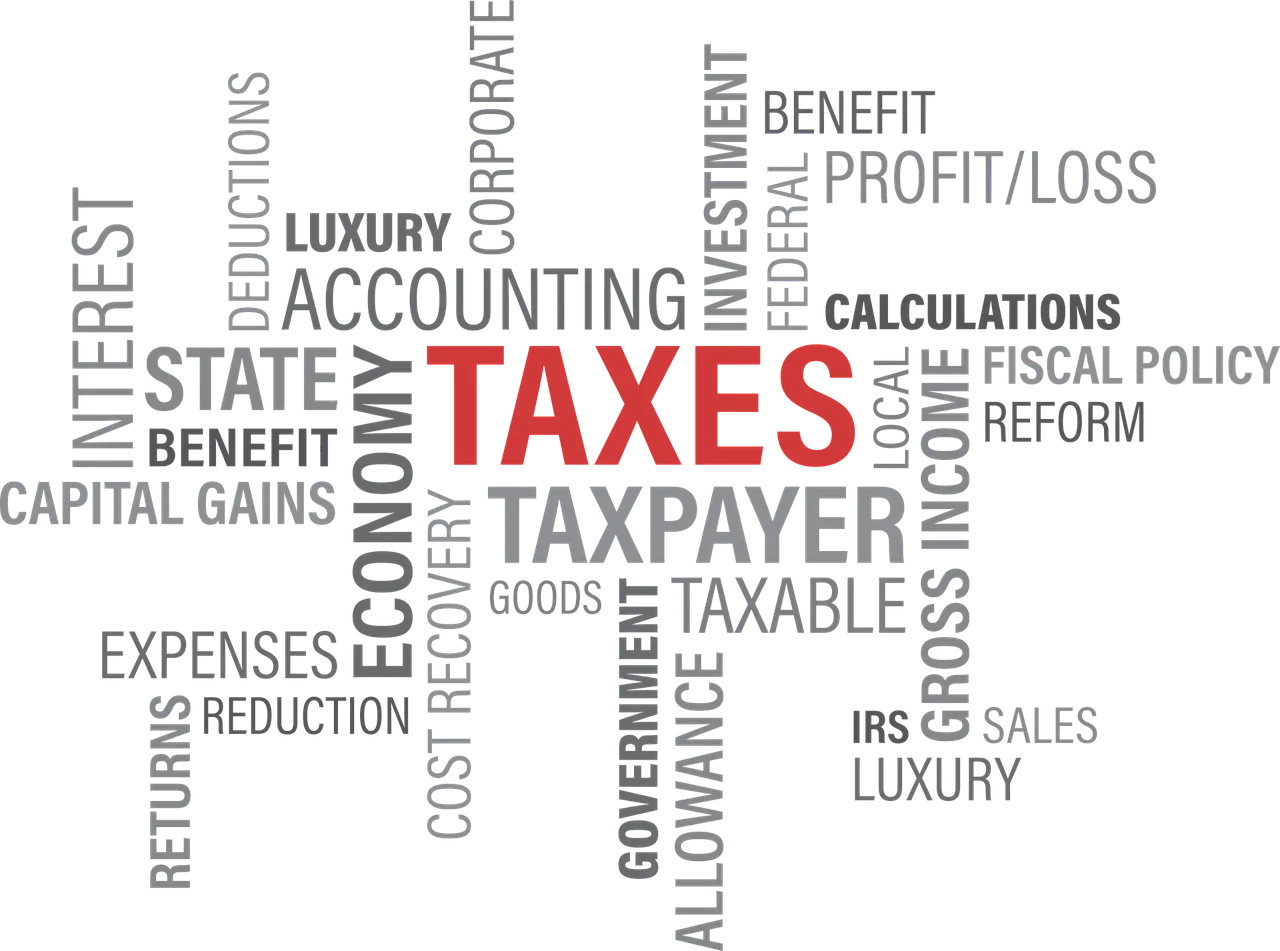
Deciphering Use Tax vs. Sales Tax: What You Need to Know
Understanding Use Tax and Sales Tax
Best Deal on TurboTax!
Understanding the nuances between different types of taxes is crucial for every taxpayer. One such distinction is between use tax and sales tax. While they may seem similar, these two concepts have significant differences that impact your financial obligations. In this article, we'll dive into the intricacies of use tax and sales tax to shed light on how they work, when they apply, and why they matter.
Understanding Use Tax
Use tax is a term that often leaves taxpayers confused. Essentially, it's a conditional sales tax imposed on goods purchased without paying a sales tax when one would normally be applied in your home state. The use tax kicks in when you buy items from another state that doesn't levy a sales tax, and you intend to use, store, or distribute those items in an area where a sales tax would typically apply. The rate for use tax is generally the same as the local sales tax rate in your home jurisdiction. However, unlike sales tax, use tax places the responsibility on consumers to calculate and remit the tax to the government. This self-assessment aspect of use tax makes it challenging to enforce and monitor effectively. The primary purpose of implementing a use tax is to safeguard local retailers from unfair competition by out-of-state sellers who don't need to collect sales taxes. By requiring consumers to pay use tax, the government ensures that local businesses aren't disadvantaged by buyers seeking tax-free purchases from other states.
Do you have to pay a Use Tax?
Use Tax in Practice
Use tax comes into play in various scenarios:
- Cross-Border Purchases: When you buy items from another state that doesn't impose sales tax, you might be liable to pay use tax in your home jurisdiction if you intend to use or store those items there.
- Professional Purchases: Professionals who purchase goods for their trade in a state where no sales tax is applied, but the goods will be used in a region with sales tax, may be subject to use tax.
- Online Purchases: Online purchases are a common area where use tax can apply. If an online retailer doesn't charge sales tax on an item, you might need to pay use tax on that purchase if your state enforces it.
Use Tax vs. Sales Tax: The Key Differences
The key difference between use tax and sales tax lies in who calculates and remits the tax. With sales tax, the responsibility falls on the seller to collect and remit the tax to the government. However, with use tax, it's the consumer's responsibility to calculate the tax owed and ensure payment. Sales tax is imposed at the point of sale, while use tax is paid by the consumer directly to the government. While use tax and sales tax serve the same ultimate purpose—generating revenue for the government—they operate in distinct ways. Sales tax is applied broadly to most goods and services, whereas use tax is typically tied to specific circumstances, as outlined earlier.
Navigating Use Tax: A Complex Landscape
Navigating the world of taxes can be challenging, especially when dealing with nuances like use tax. It's essential to be aware of your obligations as a taxpayer to ensure compliance. While use tax may be more difficult to enforce than sales tax, it's crucial to accurately assess and remit any owed taxes to avoid penalties and fines. If you're uncertain about your use tax obligations, consulting your state's tax department or seeking professional tax advice can provide clarity. Remember, understanding the difference between use tax and sales tax empowers you to make informed financial decisions and fulfill your tax responsibilities.
Best Deal on TurboTax!
As a business owner, you've likely heard of sales tax and may even be familiar with collecting and remitting it to your state's taxing authority. However, use tax is another type of tax that many businesses are required to pay but may not be as familiar with. In this blog post, we'll break down what you need to know about deciphering use tax vs. sales tax.
First, let's define what each type of tax is. Sales tax is a tax on the sale of tangible personal property, like goods or products, and is collected by the seller at the time of sale. Use tax, on the other hand, is a tax on tangible personal property that is used, stored or consumed in a state where sales tax was not paid at the time of purchase.
So why does use tax matter? If you purchase goods or products from out-of-state vendors or online retailers that do not collect sales tax, you may be required to pay use tax on those items when you bring them into your home state. Additionally, if you purchase items for your business that are intended for use, storage or consumption in your state, but were not subject to sales tax at the time of purchase, you may also be required to pay use tax on those items.
Calculating use tax can be tricky, as it's typically based on the use tax rate in your state and the purchase price of the item(s) in question. If you're unsure whether or not you need to pay use tax, it's best to consult with a qualified tax professional who can help you understand your obligations and ensure that you're in compliance with state tax laws.



